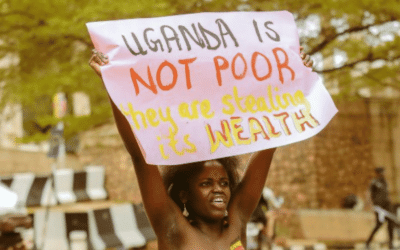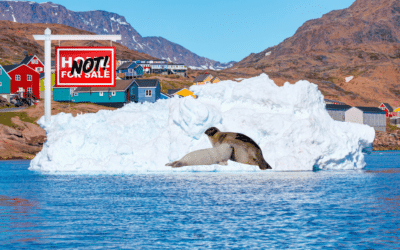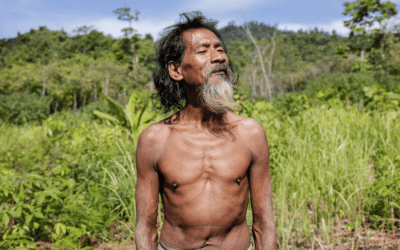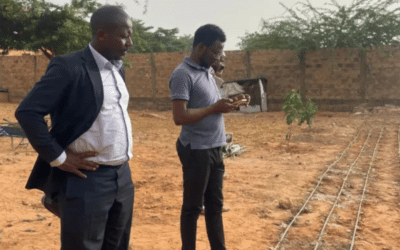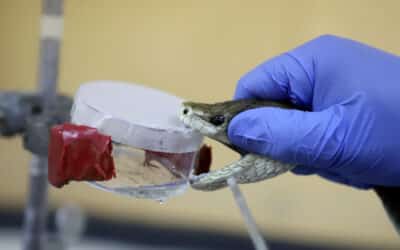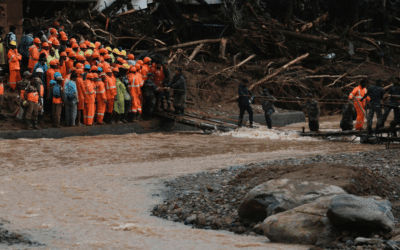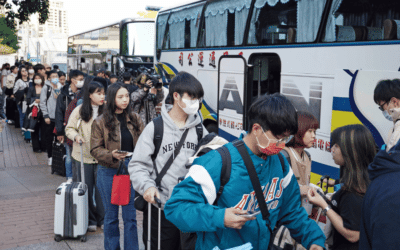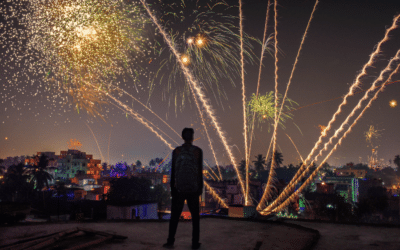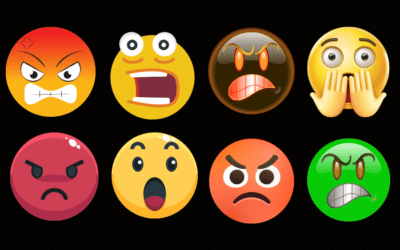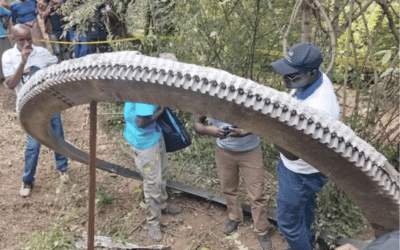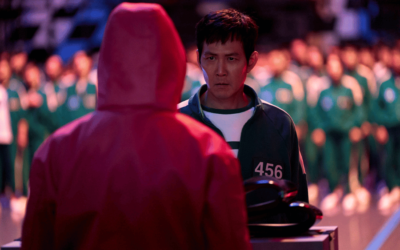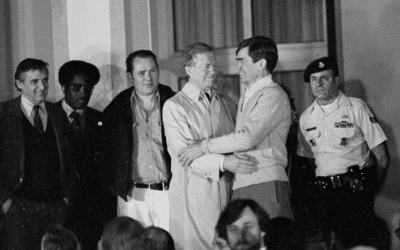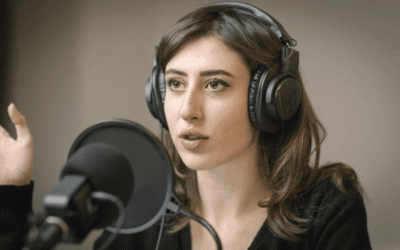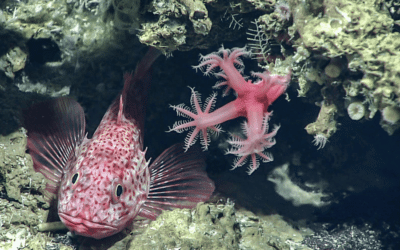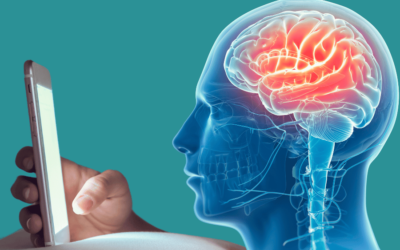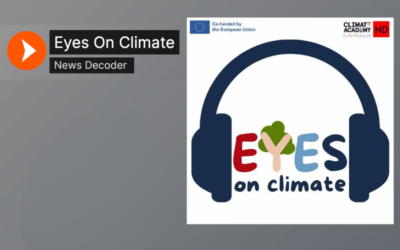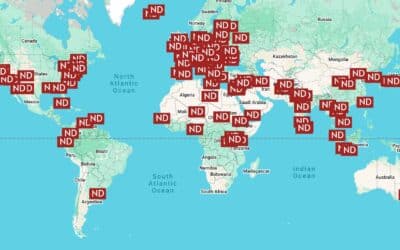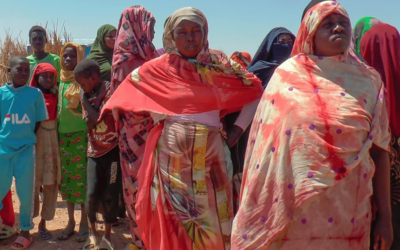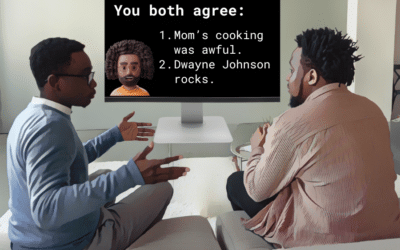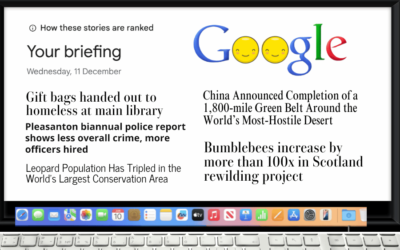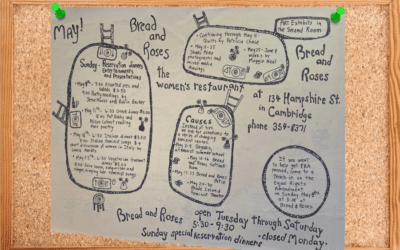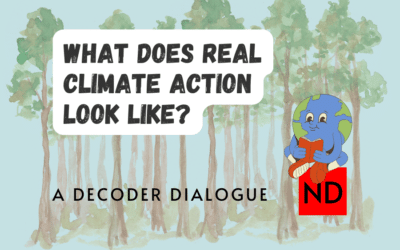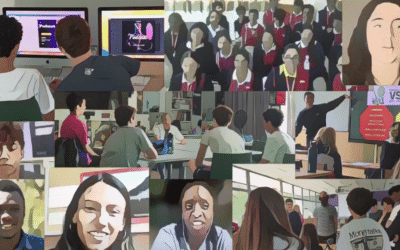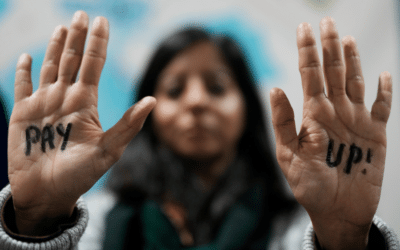Newsfeed
Decoder Replay: Could the next gold rush be in outer space?
Technology depends on rare earth minerals, but their extraction can harm our planet. Asteroids offer a plentiful source of valuable elements.
Human rights are not just for those in power
One young Ugandan activist says its time for her generation to stand up and exercise the power their constitution gives them.
Whose business is it if a woman lends out her womb?
Some believe the business of surrogacy commodifies women. Does everyone have the right to a biological baby or does surrogacy violate the rights of the child?
Decoder: Would you sell your country to Trump?
Long ignored by much of the world, Greenland finds itself stanned by Donald Trump. How do the 56,000 people who live there feel about this uninvited attention?
The people who live where nickel is mined
In remote villages live some of the last nomadic tribes in Indonesia. But nickel mining is disrupting their lives and poisoning their land.
Decoder Replay: A nation more than syrup and hockey sticks
Trump isn’t the only American who considers Canada the 51st state. It shares a continent but it is its own nation and a big player in world affairs.
Bridging the world’s research and data divide
At the United Nations University, researchers and policy makers across the globe work together to solve big problems and share knowledge.
Bite of the Big Four: India’s deadly snakebite crisis
Almost 60,000 die from snakebite each year in India, but only one facility is producing the venom needed to make the antivenom.
Can we manage disasters that are no longer anomalies?
How India manages the extreme weather events that are becoming more common with climate change can be a lesson for the world.
Decoder: There’s no monopoly on democracy
The United States prides itself on being a government of the people. But the nation that invented modern democracy is no longer the model for it.
Decoder Replay: When facts don’t matter
What happens when distributors of information don’t care whether they peddle truth or trash?
How a festival of light can create a blanket of gray
With temperature inversion and climate change, the joyful meaning of a festival dissipates in the air we can’t breathe.
Is freedom of speech the same as freedom to lie?
Meta has told an army of fact checkers they are no longer wanted, deeming acceptable what was once considered outlandish and offensive.
The universal language of football
Playing on a different team in a different country is disorienting. But on the field the only question is this: Can you play?
Decoder: What a peaceful transition of power looks like
For a democracy to last, its leaders must willingly step down and the transition from one to the next must be smooth and bloodless.
Decoder Replay: What goes up must come down
Way up over our heads satellites and rocket parts orbit the Earth. Sometimes pieces of metal fall towards us. Most burn up in the atmosphere, but not all.
How difficult can it be to dub a Korean show into Czech?
Dubbing enables the world to share movies. But it takes an army of people to translate, voice over and make it seem natural.
The Earth tells us: Take better care of me!
Would you want a roommate to treat you the way we’ve treated the Earth? It’s time to clean up our act.
Top Tips: Nobodies become somebodies
Think you know no one of importance? Most important people were once nobodies.
Remembering a president who believed in accountability
Former U.S. President Jimmy Carter will be buried today. Our correspondent remembers meeting the man who put personal integrity over politics and profits.
Decoder Replay: Free the messengers
The imprisonment in Iran of Italian journalist and podcaster Cecilia Sala reminds us of how dangerous it can be to inform the public.
Our ultimate treasure map is of the bottom of the sea
We’ve mapped stars billions of light years away. But what lies just hundreds of feet below the surface of our own water has been unfathomable.
Can endless scrolling rot our brains?
It is difficult to turn away from our devices and even harder to turn them off. But if you can, your brain will thank you. Illustration by News Decoder After hours of mindlessly...
Top Tips: Document your story
People might read about a problem but they’ll soon move on if the story doesn’t convince them something needs to be done. They need proof.
Our planet says: Don’t dump your cheap clothes on me!
It’s time we rethink what we buy and wear and toss, As we fill our closets with new threads, the earth is getting poisoned by polyester.
Decoder Replay: Take a hike!
This past year has been so stressful, we all need to take a breather. Funny thing is, that’s just what the doctor has ordered.
Some news to peruse: Our top 10 list
We’ve traveled the world this past year. The stories our readers connected to most were all over the map.
The lasting scars of war on the children who survive it
A teddy bear and child’s swing buried in rubble are some of the relics of war that remind us: soldiers aren’t the only casualties of conflict.
Top Tips: How to tell climate stories that can affect change
Media often reports climate change as a doom and gloom scenario and ends up pushing people away. Can we get them to tune in and take action?
Decoder Replay: Can we close the gap between rich and poor?
The wealthiest people in the world now hoard fabulous amounts of money while millions lack food or homes. We look at ways to change that paradigm.
Volcanoes, floods, transnational conflicts and more in 2024
Take our end of year quiz to see if you’ve been a News Decoder
If you are in Antarctica, we want to hear from you
In 2024 News Decoder took you to more than 60 countries to show that what happens in in one place can have global resonance. Come explore with us.
Decoder: Sudanese people wait for the world to care
An endless civil war in Sudan has cost the lives of hundreds of thousands of people. But the world’s attention lies elsewhere.
My takeaway from being away? It’s time to slow down.
In studying in France I learned something I didn’t expect. Back home we all rush around so much we miss what’s most important: The life around us.
Decoder Replay: Can you imagine a plastic-free Christmas?
In many households around the world, you will find toys wrapped up under a Christmas tree, most made from plastic. Can we change that scenario?
Can artificial intelligence bridge real political divides?
Some scientists are building a program that can do what your parents can’t: Get you all to stop arguing already.
Decoder: Is Israel jeopardizing its “special relationship”?
The United States has shown staunch support for Israel since its birth as a state. But that was before it decided to decimate the Palestinian territories.
Top Tips: Can you be the bearer of good news?
Relentlessly bad news makes people anxious and depressed. But there is good news to tell, if you make an effort to find it.
Schools need some education on how they teach youth
The way most school curriculums are designed leave many gifted and talented kids frustrated. We need to rethink how we teach tomorrow’s leaders today.
Decoder Replay: What was the war in Syria all about?
The fall of Syrian leader Bashar al-Assad has given hope to millions of Syrian refugees who fled their country during its 13-year civil war. We look back at the start and evolution of the conflict.
Our 16th storytelling contest winners
AI therapists. French protesters. Immigrants in New York. These stories won prizes in our twice-yearly competition.
Where a table for one was a right to be won
It wasn’t too long ago that a woman wouldn’t dine alone in the United States. Two women decided to change that by opening their own restaurant.
Top Tips: How to handle an interview
When you interview someone you might be more nervous than the person you interview. Here’s some tips for setting yourself at ease so you can get great info.
Now parents spend their nest egg on a roost for their kid
Housing prices in Australia are so high young people can’t get loans to buy them. Luckily for some, there’s the ‘Bank of Mum and Dad’.
Decoder Replay: Does who we are depend on where we live?
We carry complicated identities inside us shaped in large part by where we call home. When that changes, how does that change us?
Decoder Dialogue: Can we take control of climate change?
Thousands of world leaders can’t seem to get a handle on climate change. But gather a group of young people together. and they’ll show you how to do it.
Top Tips: Spot a conspiracy theory before you spread it
Conspiracy theories are fun to argue about but they are dangerous ideas to spread. Here’s some ideas to help you avoid doing that.
For women, good health is a heavy lift
Weight lifting has all kinds of health benefits. But many woman in India find going to the gym first takes an inner strength they didn’t think they had.
Decoder Replay: Who will pay to fight climate change?
The island of Barbados has been calling on wealthy nations to fund climate change solutions to mitigate the harm that disproportionately affects small nations.


